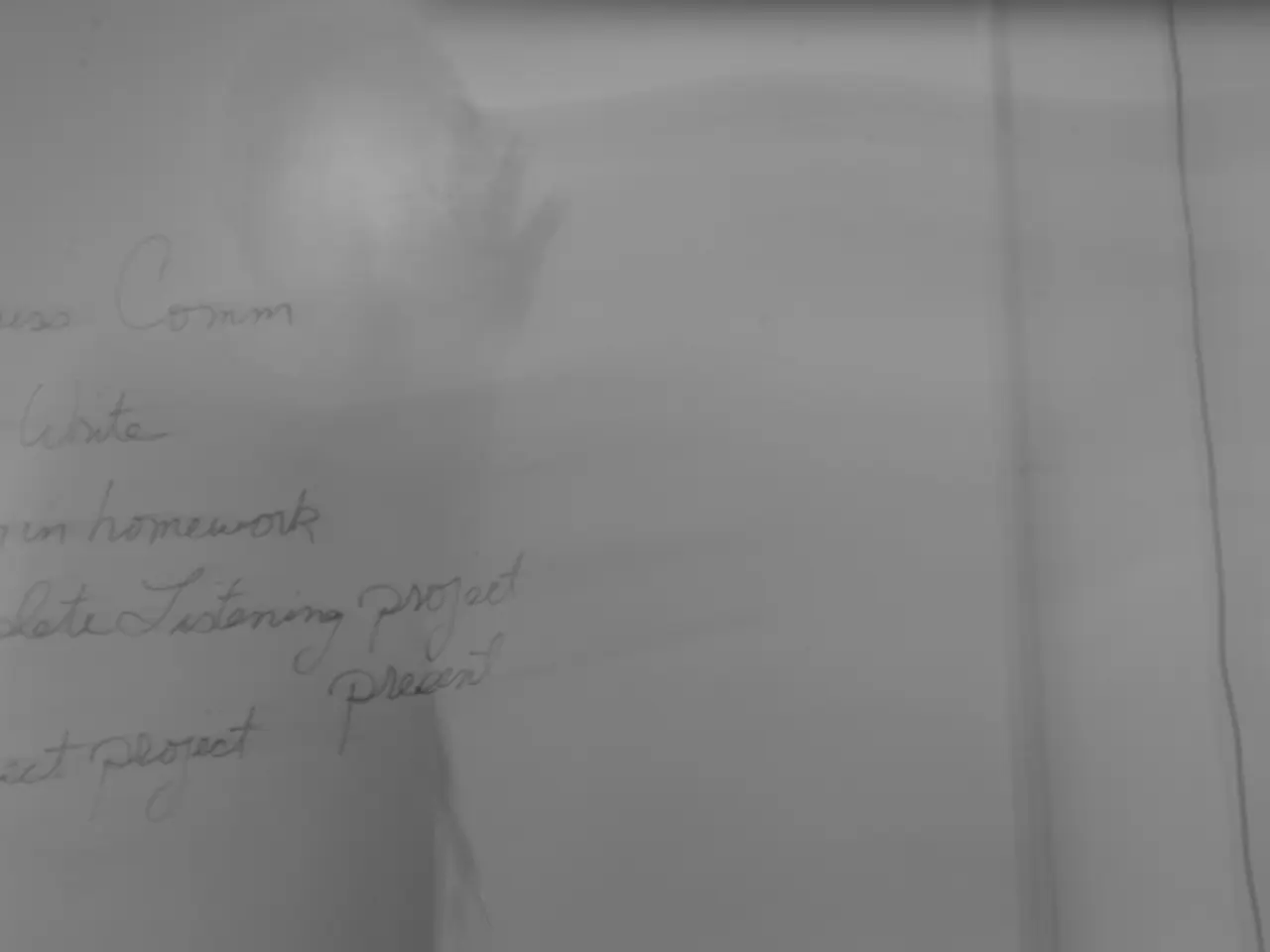Trump's Trade Agreement and Merz's Alleged Honeymoon Fiasco
German Chancellor Friedrich Merz is grappling with a series of significant challenges, primarily due to the US-EU trade deal announced in July 2022. The agreement, which imposes a broad 15% tariff on most EU exports to the US, including cars, is causing concern in Germany.
The tariffs, especially on automobiles, represent a significant economic burden for Germany's export-oriented economy. German industries warn of an "immense negative impact" due to the 15% tariffs compared to an expected zero-tariff scenario, while the 50% steel tariffs remain unchanged.
The deal is not only causing economic fallout but also political repercussions. It interrupts a relatively positive start to Merz’s tenure, amid a fragile coalition with only a slim parliamentary majority. The agreement is seen as a diplomatic defeat in Germany and Europe, which could erode support for Merz’s CDU/CSU coalition.
The trade deal also complicates the European Central Bank’s monetary policy, pushing it towards potential further interest rate cuts as the deal signals underlying European economic weakness. Furthermore, it limits Germany’s and the EU’s ability to push back against US tariff threats, raising skepticism about the US’s reliability on trade commitments and causing friction within EU leadership.
Policy-makers at the European Central Bank may consider a further quarter-point easing in interest rates due to the trade deal. However, Merz's private sector has pledged to invest €631bn in the coming years, offering some hope for economic recovery.
Domestically, Merz is facing challenges with his coalition partner, the Social Democratic Party of Germany (SPD). He is procrastinating on social benefit scheme reform, while wanting to cut spending by allowing asylum seekers to apply for work and putting more pressure on unemployed people to find jobs. However, the SPD is resisting these measures.
Moreover, Merz is facing an uphill coalition battle with the SPD over the appointment of two SPD nominees for the constitutional court. This comes at a time when the CDU/CSU is polling neck-and-neck with the extreme right Alternative for Germany (AfD).
The reaction to the trade deal, particularly in France, opens potential for discord between Paris and Berlin, potentially disrupting efforts to patch up Franco-German ties. This follows a row over their expression of controversial left-leaning positions on issues such as abortion and mandatory vaccinations.
None of these issues seem likely to die down soon, resulting in a potentially challenging holiday period for Merz and his already embattled coalition. Merz has been in office since May, and his tenure has been marked by a fractious coalition and a shallow parliamentary majority.
Sources:
[1] Deutsche Welle [2] Financial Times [3] OMFIF (David Marsh and Andreas Meyer-Schwickerath)
- German Chancellor Friedrich Merz is grappling with economic burden due to the US-EU trade deal, particularly the 15% tariff on automobiles, which is causing concern in Germany.
- The trade deal has political repercussions, interrupting a relatively positive start to Merz's tenure and being seen as a diplomatic defeat.
- The deal could erode support for Merz's CDU/CSU coalition and complicate the European Central Bank's monetary policy, potentially pushing it towards more easing.
- The deal could also limit Germany's and the EU's ability to push back against US tariff threats, causing friction within EU leadership and raising skepticism about US reliability on trade commitments.
- Policy-makers might consider a further quarter-point easing in interest rates due to the trade deal, but Merz's private sector has pledged to invest €631bn in the coming years, offering some hope for economic recovery.
- Domestically, Merz faces challenges with his coalition partner, the Social Democratic Party of Germany (SPD), on issues such as social benefit scheme reform and appointments to the constitutional court.
- The reaction to the trade deal, particularly in France, opens potential for discord between Paris and Berlin, which could further disrupt efforts to improve their relationship, especially on issues like abortion and mandatory vaccinations.








